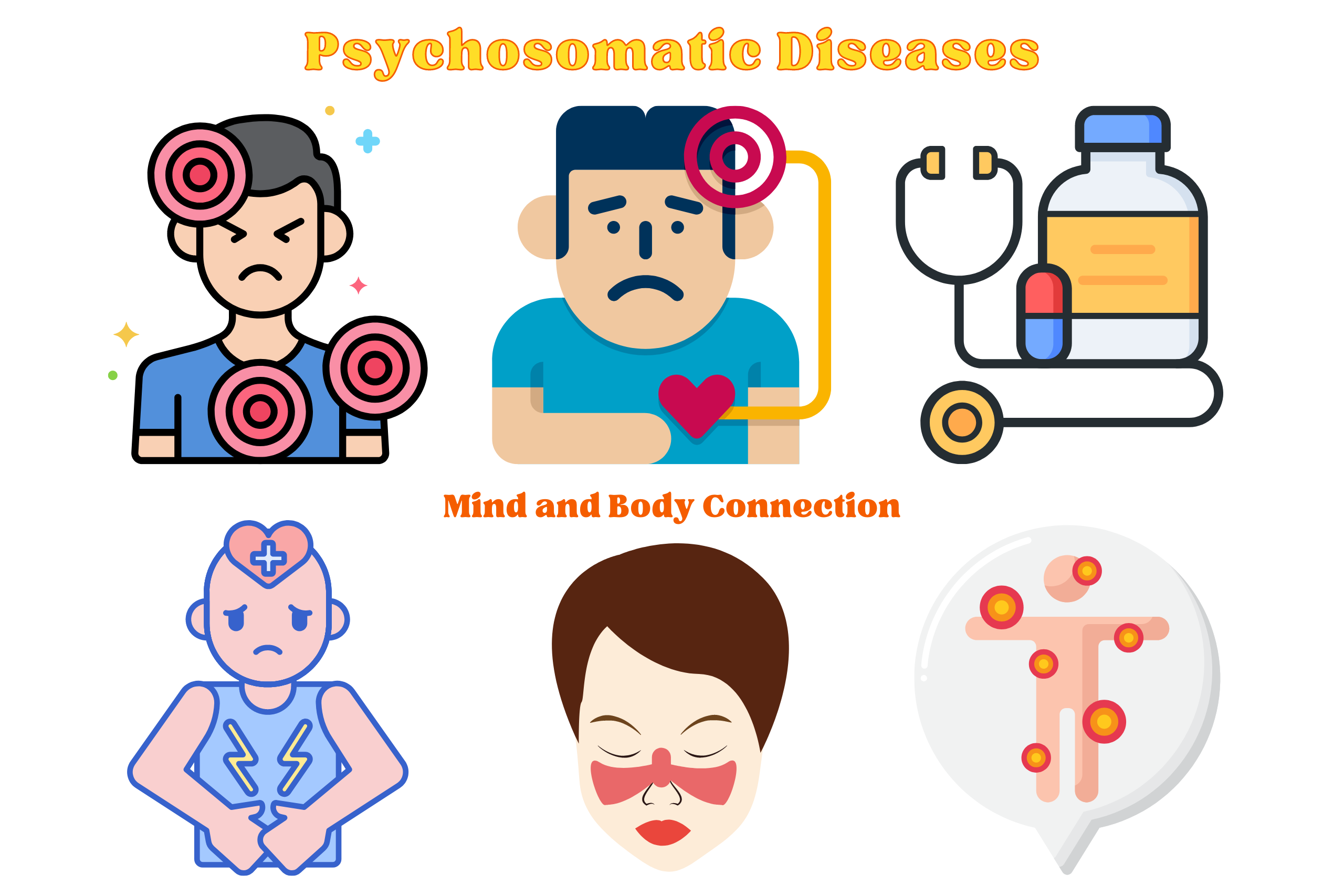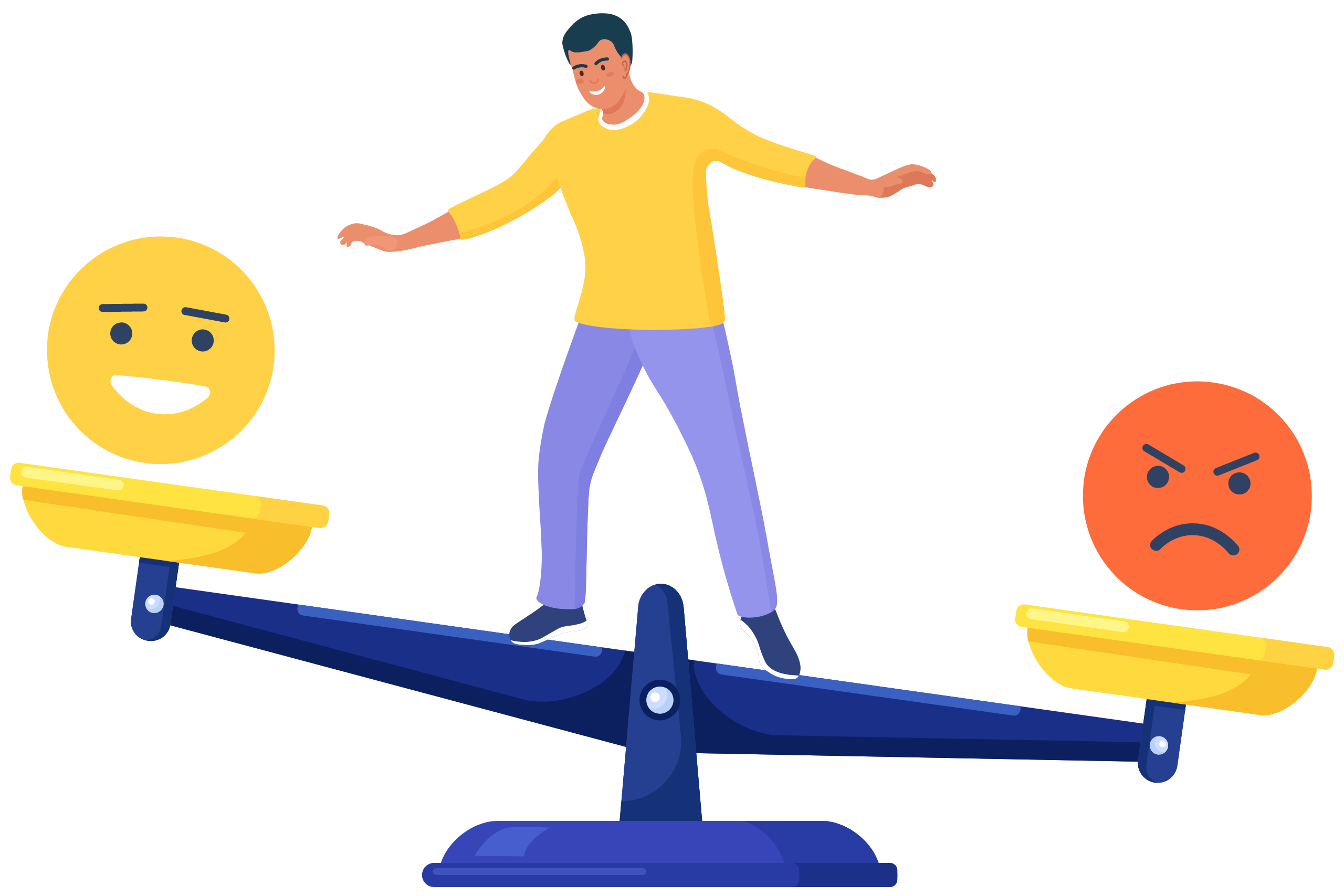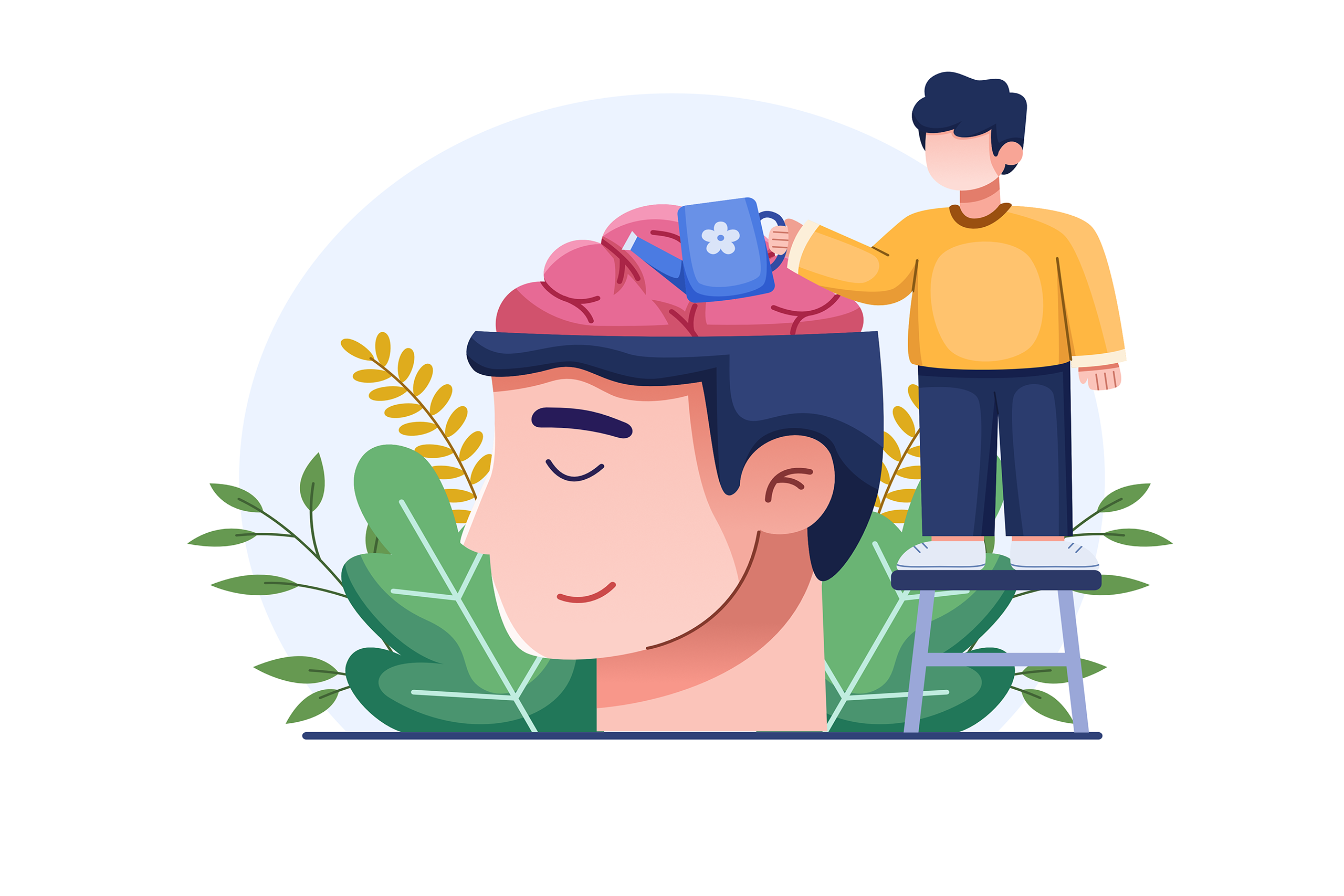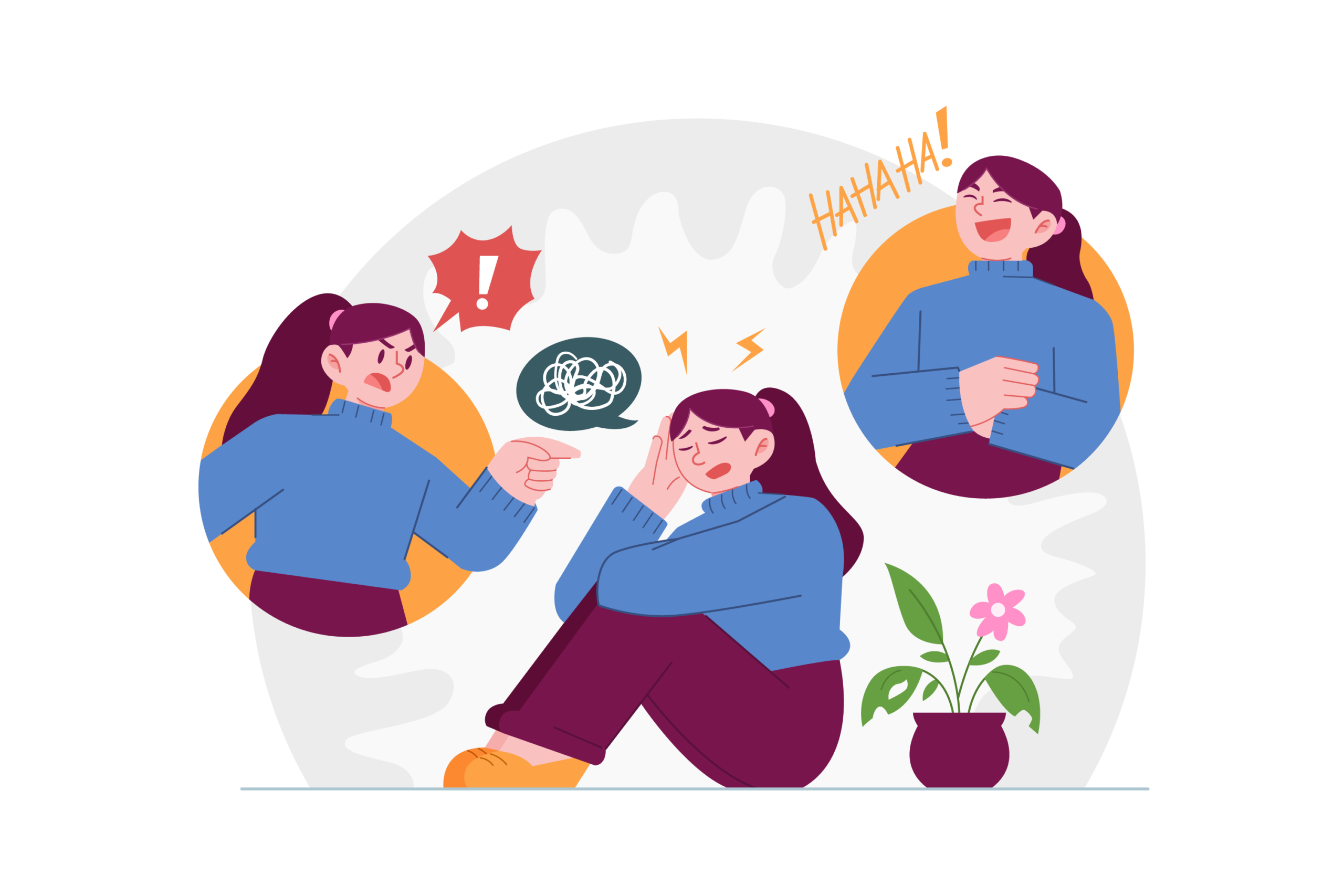Understanding Psychosomatic Diseases
Some medical professionals believe that psychological factors contribute to 50% of physical ailments. Diseases classified as psychosomatic: “Psychosomatic diseases are conditions in which mental pressures and concerns cause or aggravate physical symptoms that are not connected to any specific physiological ailment.
The Prevalence of Psychosomatic Disorders
However, the most prevalent psychosomatic disorders include pain disorder, hypochondriasis, somatization disorder, and conversion disorder. Although practically any physical complaint can be psychosomatic in character, this is not always the case. Furthermore, mental stress can trigger or exacerbate physical symptoms like migraines, tension headaches, sexual dysfunction, hypertension, and gastrointestinal issues.
The Mind and Body Connection
The mind and body connection, in other words, has a vital influence in determining physical wellness. One’s emotional condition is expressed in their level of health. In contrast to people who struggle with stress, who are more likely to be ill and cost businesses and taxpayers billions in lost productivity and medical expenses, those who manage stress well experience fewer physical problems and allergies.
Understanding Psychosomatic Symptoms
Some people believe that avoiding stress is the greatest approach to maintain physical health. They look for stress-free getaways, jobs, communities, friends, family, pets, and activities. They scale back the size and breadth of their obligations. The absence of pressure and competitiveness is their idea of paradise.
Then there are individuals who actively seek out stress, get ready for it by repeatedly placing themselves in trying circumstances, and persevere through it. They make an effort to become accustomed to stress and even driven by it. They look for tough jobs and stressful situations, such as making the game-winning shot. They enjoy a challenge and don’t mind competing or failing. Stress makes them happy because it allows them to challenge themselves and learn more about themselves. They want to develop a strong enough mind to handle anything.
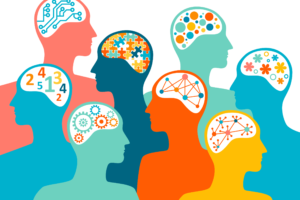
The Rise of Psychosomatic Disorders
Stress avoidance has the drawback that, despite our best efforts to make the world a perfect place, crap still happens. Life is full with cruel, lonesome, unpredictable, and violent random acts. Stress is unavoidable, and those who are ill-equipped to handle it suffer emotional and physical breakdowns. It is not surprising that improper stress management can lead to physical issues. Edward Shorter, a medical historian:
The majority of medical symptoms that the average American experiences are psychosomatic, which means that they are caused by interactions between the mind and body rather than having an actual origin. Although the symptoms may exist, depression, anxiety, or stress are the psychological causes. These symptoms, which bother so many patients nowadays, include headaches, backaches, weariness, diarrhea, disorientation, and joint pains.
I wonder if there has been a rise (compared to population) in psychosomatic disorders despite the fact that they have always existed, with symptoms altering according to cultural trends.
Asthma and food allergies have dramatically increased in the US, which has perplexed epidemiologists.
One hypothesis holds that humans are now considerably more vulnerable to certain ailments due to greater usage of antibiotics. Our immune system may not be able to discriminate between harmless compounds and actual attacks due to the body’s usual balance of gut microorganisms and antibiotics, according to James Randerson of New Scientist. Some attribute it to diet, or to overly clean environments and ways of living. Could a decrease in Americans’ ability to cope with stress also be a contributing factor? How can we address this if that is the case?
Addressing Psychosomatic Disorders
In addition to being ineffective, stress avoidance can drastically reduce productivity and raise the likelihood of sickness whenever heaven is not on earth. Accepting that life is “short, brutish, and nasty” and developing mental fortitude to be better prepared for the random crap that happens every day is the other alternative, and for businesses, the only option. So how do we develop mental toughness?
Developing Mental Toughness
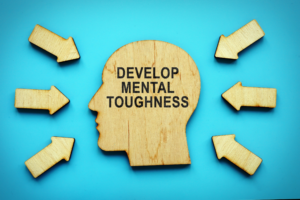
Home life and school.
In the beginning, mental toughness is acquired at home and in school. Children who are free from responsibility, protected from failure, and coddled after every difficulty or impending crisis will lack the mental toughness to adapt to new situations and are likely to seek coddling and escape throughout life, just as infants who are protected from germs and bacteria will develop impaired immune systems.
Students who graduate from low-standard schools will be weak and whiny and will expect unjustified attention, position, and pay. Resources or class size are not the primary distinction between a middling school and a top school. It’s the norms and culture at the school (established by the administration).
Because their students are placed in the most competitive, stressful, overscheduled environment they have ever experienced in order to one day be able to handle working 100 hours per week, Phillips Academy Exeter is able to produce people like Mark Zuckerberg, Bill Gates, or Stuyvesant Nobel Laureates.
These students are given a lot of responsibility and are not treated well. They should get used to working nonstop and measuring themselves against the finest in the world. I don’t understand why some parents believe that puberty and childhood should be about stress-free living. The best period to develop mental toughness as a habit is throughout adolescence. People who don’t work on their mental toughness during adolescence are unlikely to ever develop it since they are likely to be stuck in low-stress occupations and never get the chance to do so.
Work
John Taylor Gatto, a teacher, claims that most “schools won’t let children grow up,” but employment will. More so, at least, than at school. The majority of people should stop attending schools after the eighth grade because they are inefficient and only serve to instill bad habits and outdated knowledge. Work is the last chance for those who did not work on developing their mental toughness while in school, and it is likely what most people should be doing instead. The issue is that those who have never practiced mental fortitude find it more difficult to find and hold jobs, especially in a recessionary market.
I had received a question from a father asking me why his child couldn’t hold a job he had helped him get and why he “can’t act rationally and responsibly, do what’s best for him.” I retorted that he never acquired the routines or the mental fortitude needed to maintain employment. Nothing to do with acting in the nicest, most logical, or sensible manner. There are irrational habits everywhere (drug addiction, debatable diets). We lack reason because we are not machines. We are routine-driven beings beyond anything else. He’s simply carrying on with his routine. It’s absurd to anticipate a dramatic change in his way of life from him.
The armed forces are most likely the greatest choice for individuals who didn’t have the chance to practice mental toughness. They are reportedly much more patient with their employees than the majority of commercial companies, and they have a proven track record for developing mental toughness and fostering a feeling of responsibility. They are one of the few companies that actively seek to develop the mental toughness of its workforce. Every retired colonel and sergeant I’ve met has impressed me, and the most of them have received an honorable release.
The Role of Attitude
My suspicion is that one’s outlook on life and job can have an impact on one’s physical health. People who are upbeat and find their jobs enjoyable and fulfilling are probably better able to handle stressful conditions and are more likely to develop stronger minds. People who are negative and unsure of their purpose in life are more inclined to commit suicide or look for cheap thrills as an escape. I put a lot of emphasis on changing employee attitudes because of this. Everything else will fall into place if they approach life and work with the proper mindset.
Conclusion
The point is that in order to maintain physical health, mental well-being is just as crucial as nutrition and exercise. It’s crucial that we take the time each day to evaluate our choices and attitudes and make little adjustments to raise our attitude and mental toughness. By doing this, we’ll increase our productivity, lower health care expenditures, and enjoy better, more fulfilling lives.
Psychosomatic Disorders Conditions: Definition, Symptoms, and Factors
watch more related to Mental Health
Samarpita Nayak, Co-Founder & Mental Health Counsellor, YOUR Confidant

